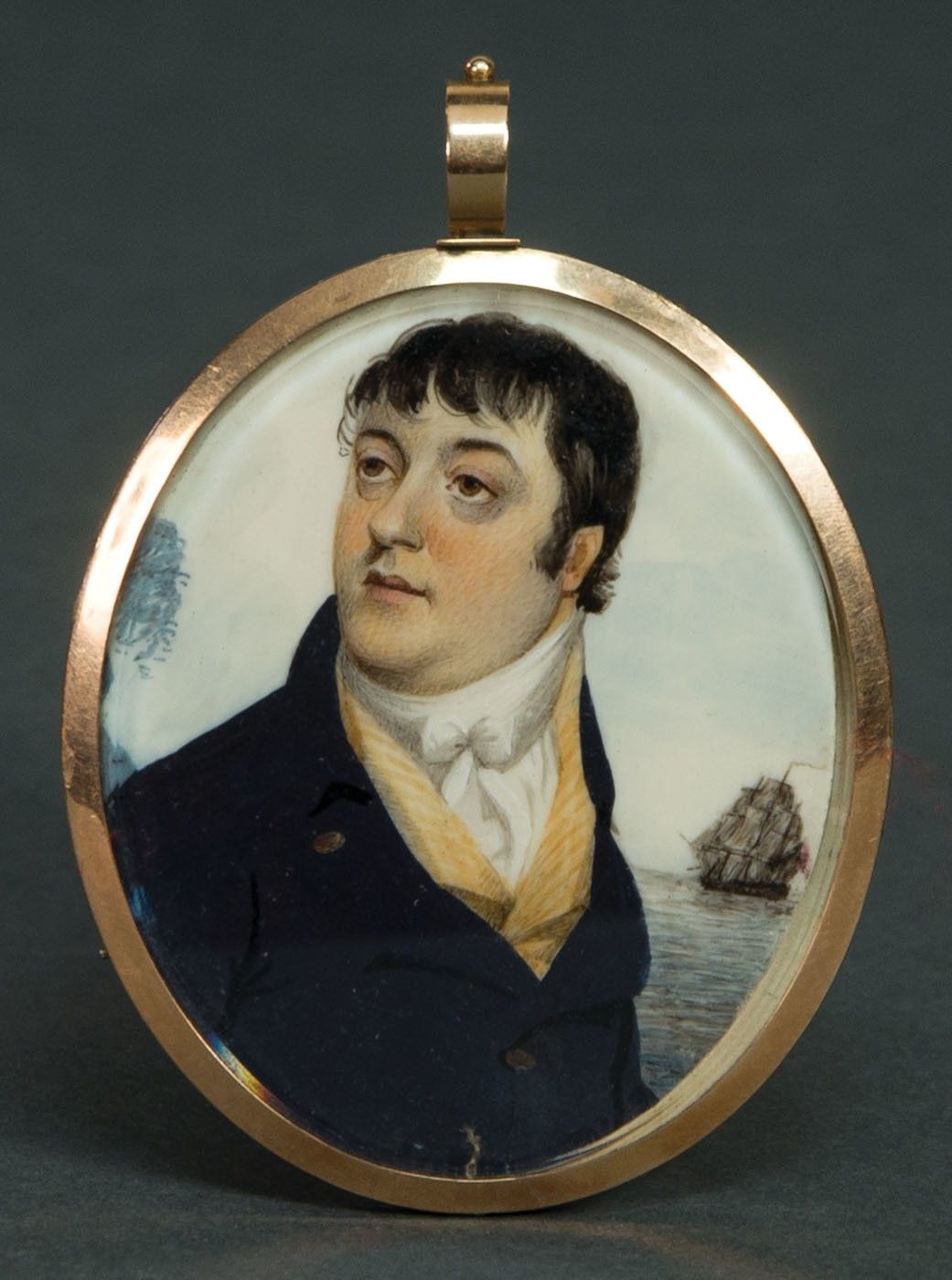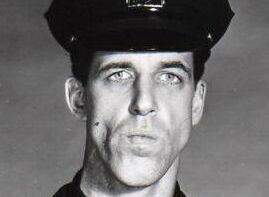Commemorating historical battles of the American Revolution is a constant exercise here in New England, with the region having played a central role in the Revolutionary War.
This month, the 250th anniversary of two key battles is being celebrated by local citizens, history societies and public officials. As is often the case in American history, both battles have significant Irish and Scots-Irish connections.
BATTLE OF BUNKER HILL
In his classic book, "Now We Are Enemies," historian Thomas Fleming writes that the Battle of Bunker Hill of June 17, 1775, was “the first battle in which Americans challenged the prowess of the British Army….in a formal battle.”
The British may have won that battle, but Bunker Hill marked the point where “British tyranny ended and American liberty began.”
Historian Michael O’Brien calculated that at Bunker Hill, at least 176 Americans were Irish-born, and hundreds more were born of Irish parents. Many were indentured servants sent to the American colonies from Ireland.
The Ulstermen who had settled in New Hampshire were among the fiercest fighters, led by Colonel John Stark, famous for his phrase, “Don’t shoot until you see the whites of their eyes.”
Six foot six inch Major Andrew McClary of Epson, whose parents emigrated from Tyrone, was the last American to die at the battle. Derry descendant Henry Knox of Boston, famous for dragging 59 cannons from Fort Ticonderoga to Dorchester Heights in the dead of winter, handled artillery and fortifications at Bunker Hill. Captain Ebenezer Sullivan, son of parents from Cork, also fought at the battle.
Ed Callahan, vice-president of the Charlestown Historical Society, says celebrating the Battle of Bunker Hill is “a Charlestown tradition that has been ongoing for 250 years” and holds “a very special meaning to the people of Charlestown…. Bunker Hill Day provides us with the opportunity to bond together to celebrate that critical piece of history that took place in our backyards.”
Callahan says the Society’s "Brothers of the Battle" initiative, in partnership with Revolution 250 Boston, is seeking to identify descendants of men who fought at the Battle of Bunker Hill whose stories have not been told.
A highlight of the 250th celebration is the Annual Bunker Hill Day Parade on Sunday, June 15 through the streets of Charlestown. On June 16 a procession from Charlestown Navy Yard to Bunker Hill Monument marks the 200th Anniversary of the Monument Cornerstone, first laid in 1825 by Marquis de Lafayette and Daniel Webster.
On June 17, St. Francis de Sales Catholic Church holds an ecumenical service, followed by a wreath laying at Bunker Hill Burial Grounds. The National Park Service and American Legion Conway Post hold a ceremony at Bunker Hill Monument with author Nathaniel Philbrick as guest speaker and Brigadier General Ralph J. Rizzo, Jr. as orator.
On June 21-22, a massive reenactment of the Battle of Bunker Hill takes place at Stage Fort Park in Gloucester, Massachusetts.
BATTLE OF MACHIAS
On June 12, 1775, five days prior to Bunker Hill, the townspeople of Machiasport on the coast of Maine had a fierce battle with the crew of the British schooner, HMS Margaretta. The Margaretta was in port to accompany two boats transporting Maine lumber down to Boston for Bunker Hill fortifications. British Captain James Moore seemingly threatened to tear down the town’s liberty pole, erected after the Battle of Lexington and Concord in April.
In response, the Machias men, led by Jeremiah O’Brien and his five brothers, decided to capture HMS Margaretta and take its munitions as bounty. Author Charles Lucey wrote that "fighting was furious," with both sides "determined to conquer or die." The O'Briens "used axes and pitchforks" when the battle was joined at close quarters
The pitched battle, in which 15 people died and dozens more were wounded, was called the “first act of Colonial piracy” in the Revolutionary War and “Lexington of the Seas.”
In August, 1775, the Massachusetts Provincial Congress commissioned Jeremiah O'Brien as commander of the armed schooner Diligent and sloop Machias Liberty “for the purpose of guarding the seacoast.” His brother William O’Brien was named lieutenant.
Machias is celebrating the 250th anniversary of this historical battle the weekend of June 20-21, when Revolutionary War reenactors of Downeast Maine will recreate the battle overlooking Machias Bay, with performances by Piscataqua Rangers Jr Fife & Drum. On the evening of June 20, the town holds The Liberty Ball at Foss Point Event Center, with music by the Moose Island Contra Dance Band.
On June 21, the Machias Historical Society leads a parade through West Branch Farms, followed by Colonial Day at the annual Margaretta Days Festival, which features a Re-enactors’ Encampment with demonstrations of colonial era tools, skills, weaponry, clothing and food preparation. An annual Craft Fair also takes place.
During the weekend, the American Merchant Marine Veterans (AMMV) is showcasing two commemorative coins that mark the 250th anniversary of the Battle of Machias and the birth of the United States Merchant Marine.
Learn more about the Irish in the American Revolution at irishboston.org.










